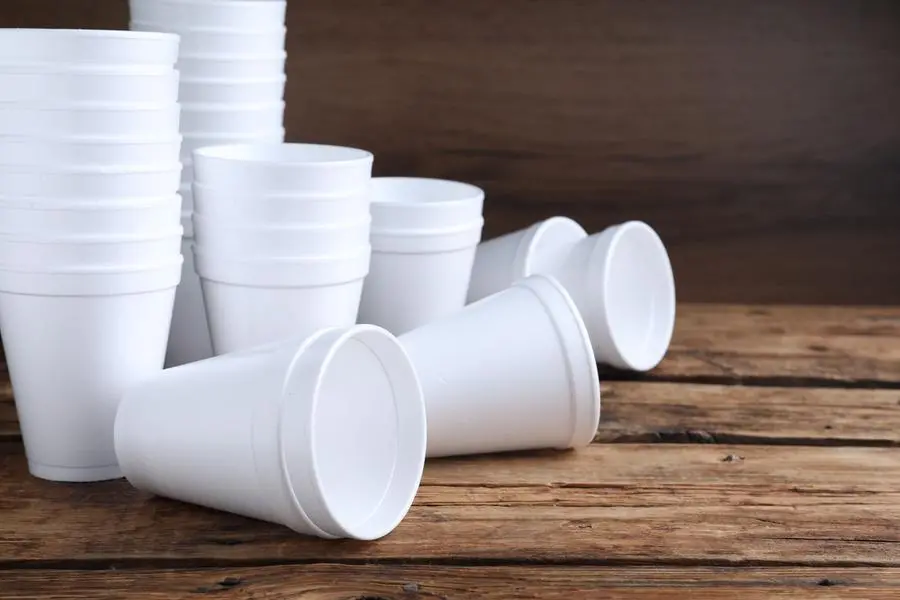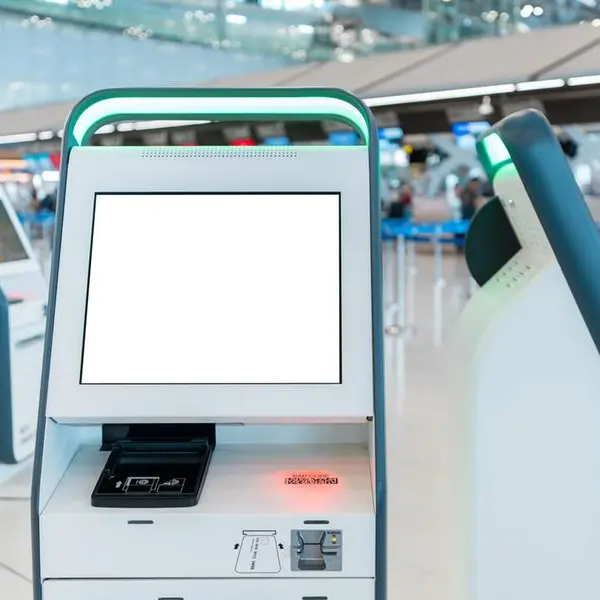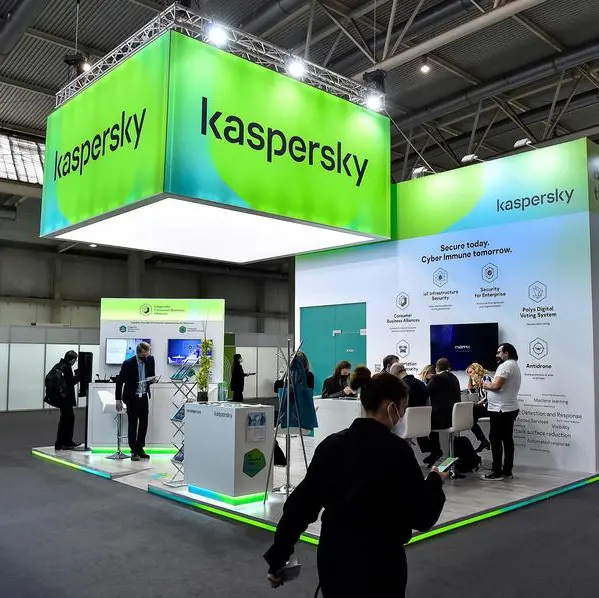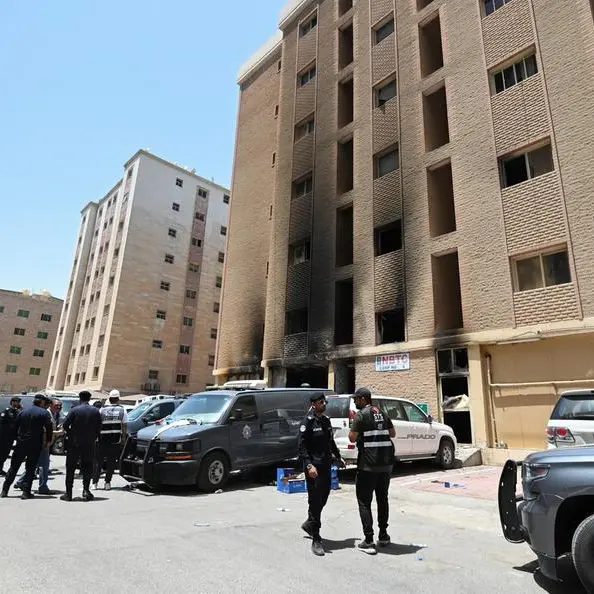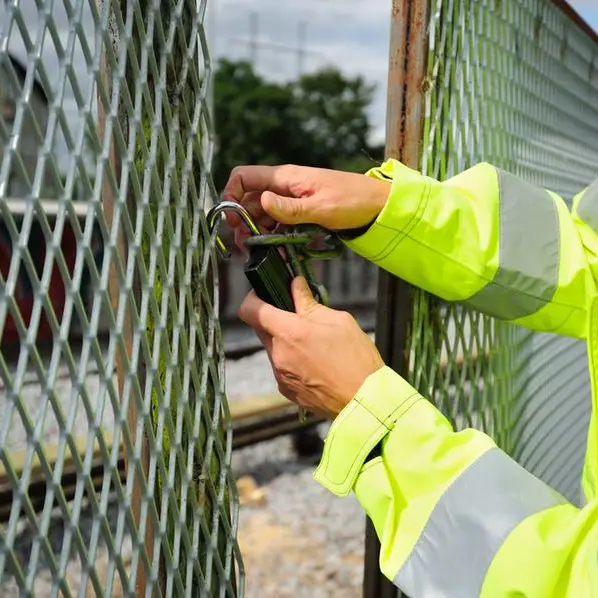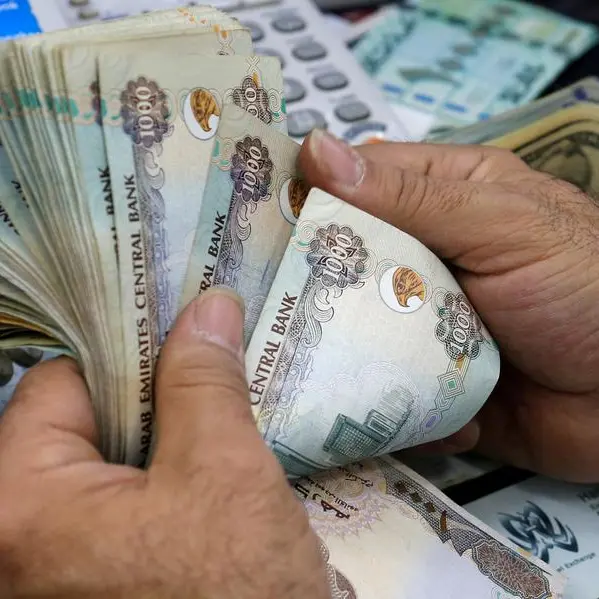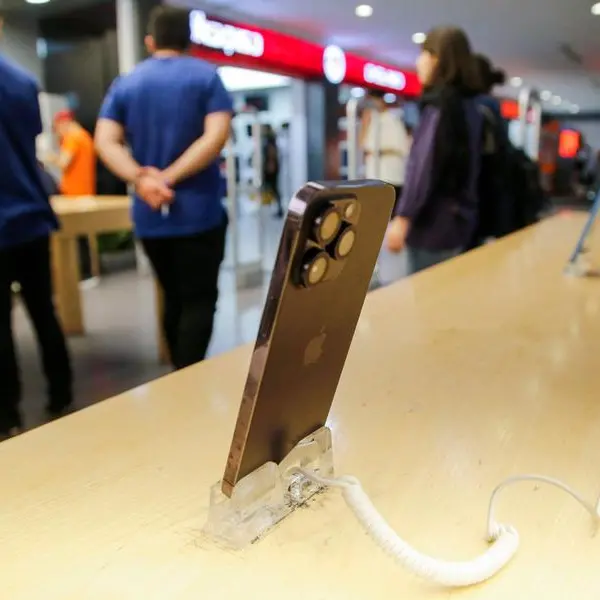PHOTO
The Environment Agency – Abu Dhabi (EAD) announced that the ban on some Styrofoam products comes into effect (1st June). Introduced by the Agency, the ban is part of the larger Abu Dhabi Single-Use Plastic Policy, which aims to reduce the reliance on single-use products that are harmful to the environment.
The list of banned products includes cups, lids, plates, and beverage containers made of expanded polystyrene. Similarly, food container vessels for products that are intended for immediate consumption, either on the spot or for takeaway, and containers that have a product that is typically consumed from the receptacle and is ready to be consumed without any further preparation such as cooking, boiling, or heating, will also be prohibited.
The products exempt from the ban include those not designed for single-consumer use, such as large storage boxes and coolers, and trays used for meat, fruit, ready-made dairy products, and other food items for retail sale. Additionally, all other products designed for medical uses are also exempted.
Dr. Shaikha Salem Al Dhaheri, Secretary General of EAD, stated, “Today, the Abu Dhabi ban on some Styrofoam products came into effect. Inspired by the success of the ban on single-use plastic bags, we expect to see emirate-wide compliance and collaboration from our stakeholders in the government and private sector, as we know that by working together we will witness the best results. I also expect the community to play a critical role in ensuring the ban is a success.”
She elaborated, “Our greater goal is to reduce harmful microplastics from entering the food chain, which can have detrimental effects on human health, biodiversity, and our natural ecosystems. We want the future generations to inherit a bountiful environment filled with all types of species so that they can live in proximity to nature as part of a fruitful lifestyle.”
She added, “We have been very selective in choosing which Styrofoam products will be banned to facilitate business continuity and comfort for consumers. All the products that are prohibited have accessible alternatives.”
To ensure providing best possible conditions for doing business and preserving the environment, the Abu Dhabi Department of Economic Development (ADDED) is supporting EAD’s move by raising awareness among commercial outlets and industrial facilities in the Emirate to comply with the single-use plastic policy.
ADDED has shared the circular on Styrofoam ban with more than 50,000 commercial establishments and 80 industrial facilities involved in plastic manufacturing. ADDED is set to conduct field inspection campaigns on sales outlets and industrial establishments to ensure the implementation of the ban across Abu Dhabi according to a specified timetable.
The Agency announced the Abu Dhabi Single-Use Plastic Policy in 2020 and, in 2022, issued a ban on single-use plastic bags in partnership with retailers. In 2023, EAD, in collaboration with the government and private sector, introduced Reverse Vending Machines for single-use plastic bottles to nurture a culture of recycling. The Agency also worked closely with Abu Dhabi Government Entities to establish a government that is free of si
